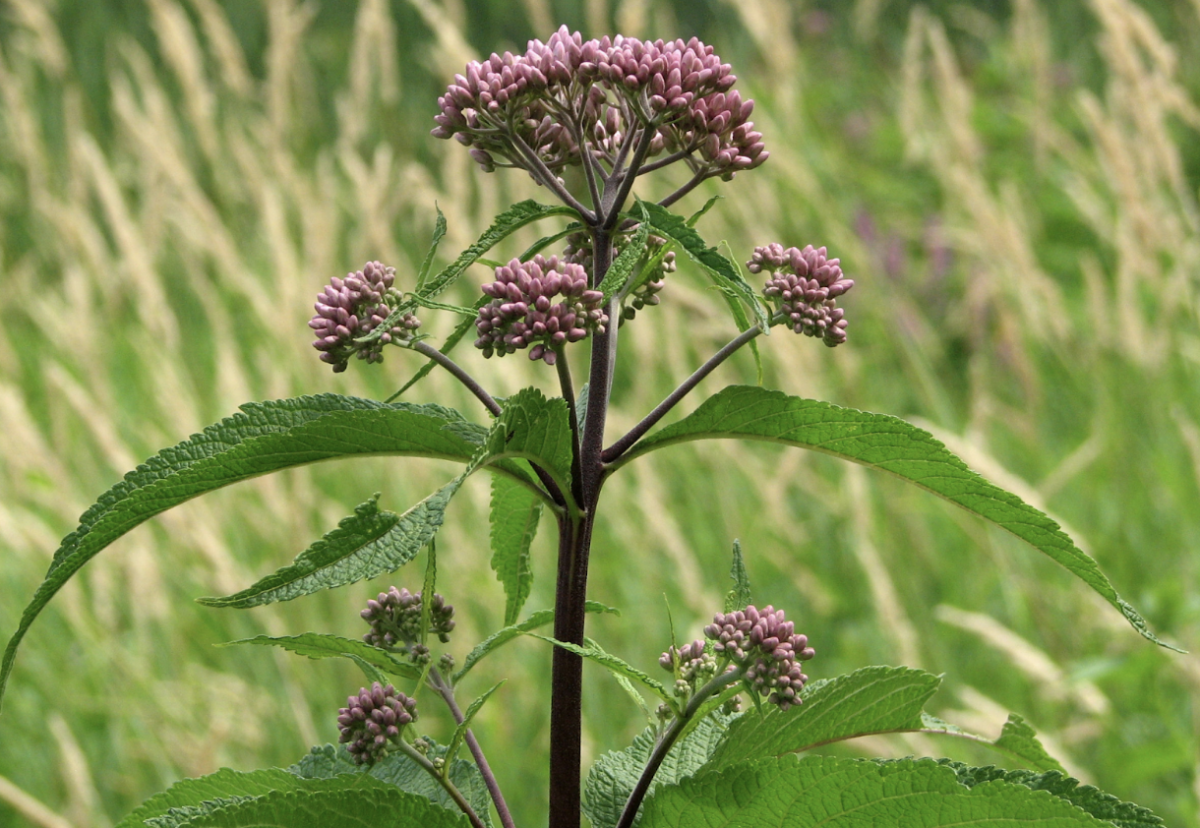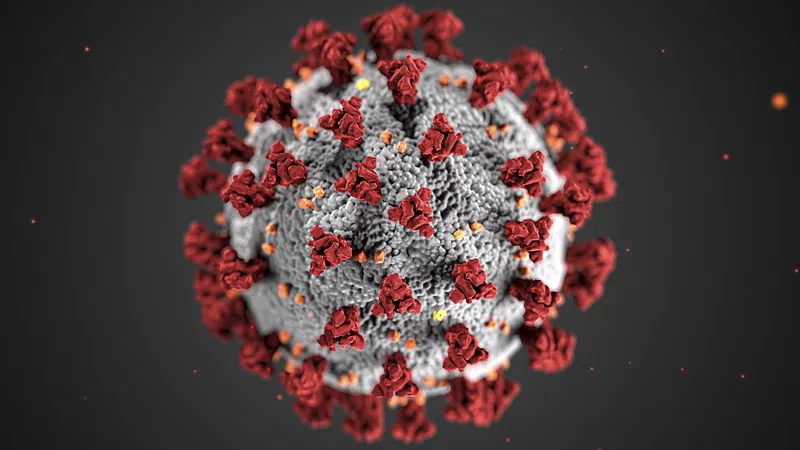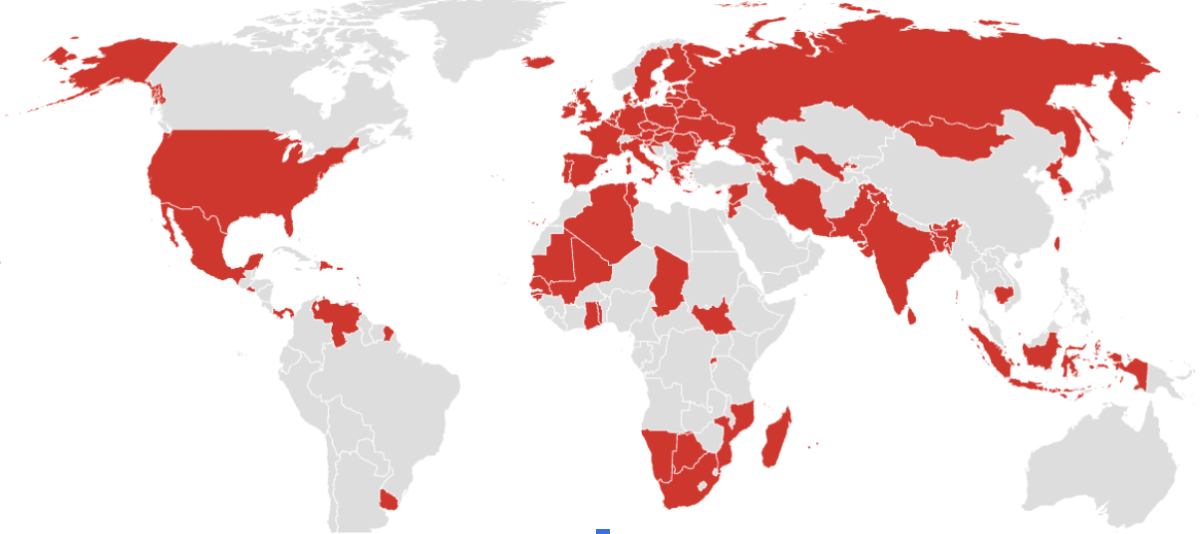Previously published Mar 2. 2021
Last year, it was around this time that we began hearing of a novel coronavirus. We heard it had originated in Wuhan, China, and that massive quarantine programs were being undertaken. We heard that many schools in Southeast Asia had been closed, and online learning was being conducted. Then, we began hearing that this novel virus had been spreading into Europe and other countries. We heard one case had been identified in the USA. We heard one individual had died from COVID-19 in the USA. Starting from last March, we saw peaks in cases, moments in which it seemed like we had “flattened the curve,” and the development and rollout of two vaccines by biotech companies Pfizer and Moderna.
While a great deal of progress has been made surrounding COVID-19, it seems like we’re never entirely at the point of prior normalcy. The rise of two new variants of COVID-19 speaks to this lack of full knowledge and progress regarding COVID-19. According to the Centers for Disease Control and Prevention (CDC), the variants detected are B.1.1.7 in the United Kingdom, B.1.351 in South Africa, and P.1 in Brazil. According to researchers, all three variants are more transmissible than the original COVID-19, but even further worrisome is that the UK variant may be deadlier. There have been 541 cases of the B.1 variant reported in the US and 2 cases of the P.1 variant. According to current trends, the CDC expects that the UK strain may become dominant in the US by March.
The question that pertains is whether the developed vaccines will work against the new COVID-19 variants. After conducting tests, Moderna announced that their vaccine is expected to work against these variants; however, they work on booster vaccines for extra protection against the newer variants. According to the CEO of Pfizer, Albert Bourla, a reduction was seen in the neutralization capabilities of the vaccine against the more recent variants. Still, he maintains that the vaccine does not need to be changed entirely. He also noted that providing a booster shot of the same vaccine would provide broader immunity, helping different combat strains. With all the news about these new COVID-19 strains, we can’t help but observe some of the similarities to last years, such as the uncertainties about the spread of new viruses and variants and the speculations and enforcement of lockdowns. One thing is certain, though: we must continue to wear masks, avoid touching our faces, and avoid unnecessary excursions and overall avoid putting both ourselves and others at risk.
Sources:









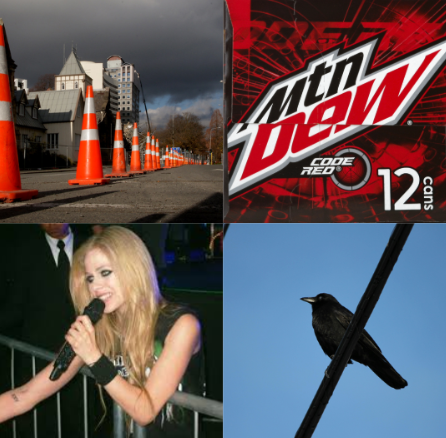

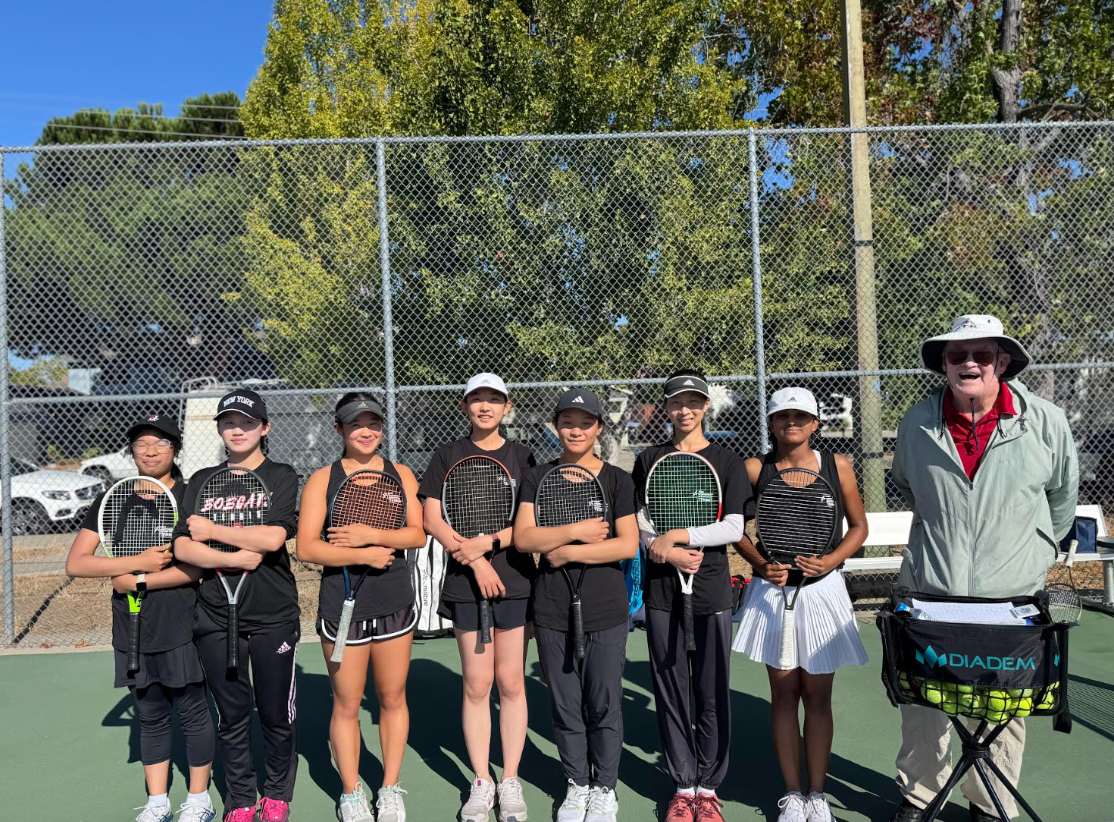





![Teacher [Milk] Tea: Part 2](https://bisvquill.com/wp-content/uploads/2024/03/Screen-Shot-2024-03-19-at-9.28.48-PM.png)














